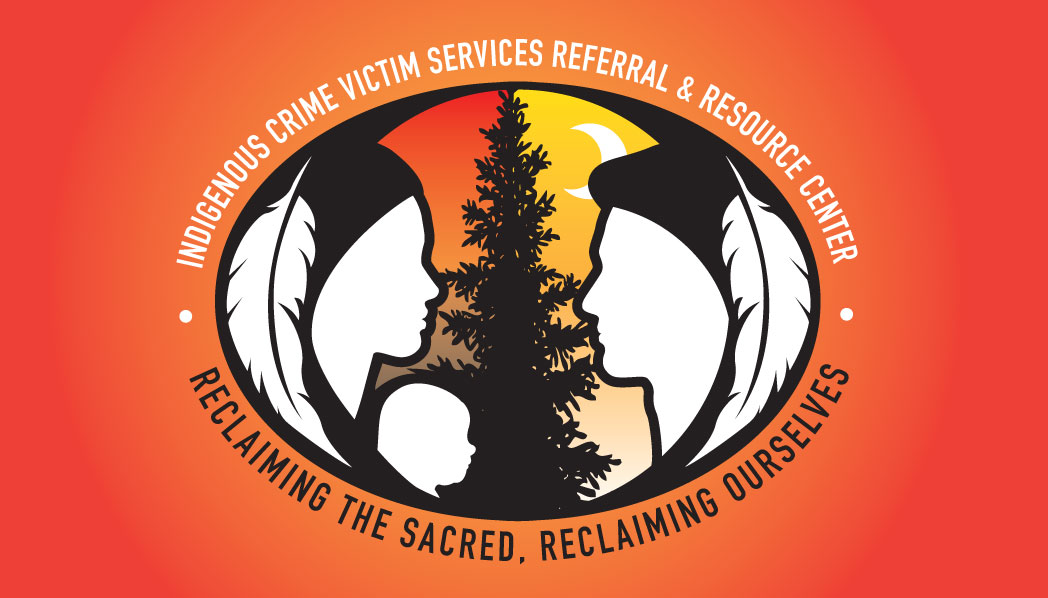ICVSRCC is currently working on a partial telework schedule. We are providing a full range of services both in-office and remotely. Please contact our Victim Service Toll-Free Line at 888 653 1115 for more information.
If you are the victim of a crime and need to access crime victim services, you can contact a staff member confidentially using our online referral form. This form can also be used for services providers who would like to coordinate services on behalf of a victim or survivor. A staff member will follow up with your referral within 1 business day. You can access the online referral form here.
If you prefer, referrals can be made over the phone through our Victim Services toll-free line at 888 653 1115
If you would like more information about our programs or services, you can contact a staff member using our online contact form. A staff member will follow up with you within 2 business days. Access the contact form here.
As many of us are aware, Indigenous populations face higher rates of crime victimization than any other minority group in the country (Department of Justice). Further, our communities are affected by diverse geographical barriers and unclear jurisdiction and service area boundaries.
In responding to these grave concerns, ICVSRRC has begun providing services to support Tribal and Urban service providers in provision of services to Indigenous victims of crime, related to domestic violence sexual assault, stalking, strangulation, sex-trafficking, dating violence, homicide, child sexual assault, missing Indian Women and identity theft and cyber crimes. Our role includes:
- Advocating on behalf of victims obtaining needed services, making referral(s) and connecting to appropriate resources.
- Assisting tribal communities and urban service providers in planning and implementing services for Indigenous Victims.
- Collaborating and to serve as a Liaison with local and state government agencies in providing tribal – specific practices, culture, priorities, etc., that impact policies and services for Indigenous victims.
- Working with our Tribal communities to increase the identification, assessment and appropriate response, referral and resource collaboration and facilitation to Native victims of crime in Tribal, urban and rural areas.
- Work to build collaborative relationships between victim service providers, law enforcement, courts, prosecutors and other departments, in order to increase safety and provide victims with high quality, holistic services.
- To be able to help Native American victims of crime to tap into these very underutilized resources: victim restitution, compensation and other civil remedies, including victim impact statements.
If you or a loved one has suffered personal injury from a violent crime, the ICVSRRC can provide you information on the Washington State Crime Victim Compensation Program to help assess your eligibility for victim services, your victimization, and help in completing the forms. If you are a victim of Identity Theft and/or Cybercrime – – please fill out and submit Referral Form.

